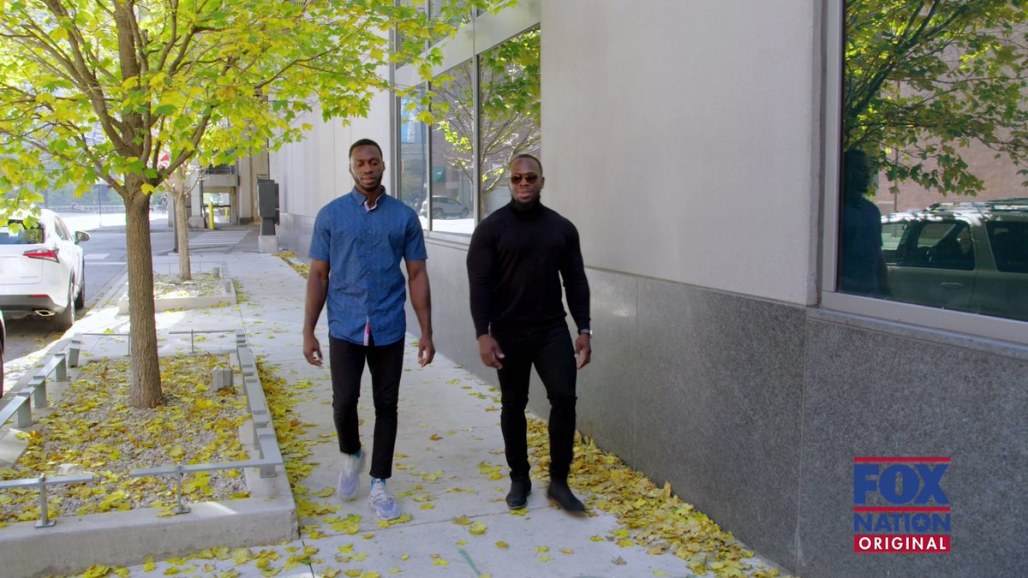On the language challenge of the culture war:
As use of “woke” exploded, its effectiveness as a descriptor diminished. Once the word served as a substitute for a particular form of political correctness, particularly with a focus on racial reckoning. Now, as author Chad Felix Greene has suggested, the word effectively means “Whatever the left currently t…
Keep reading with a 7-day free trial
Subscribe to The Transom to keep reading this post and get 7 days of free access to the full post archives.


